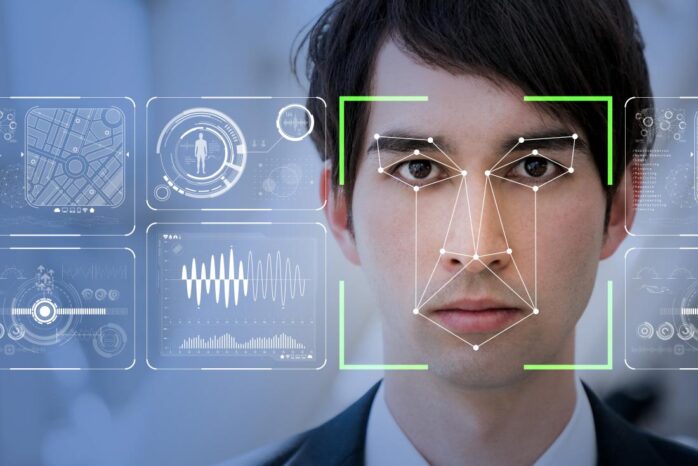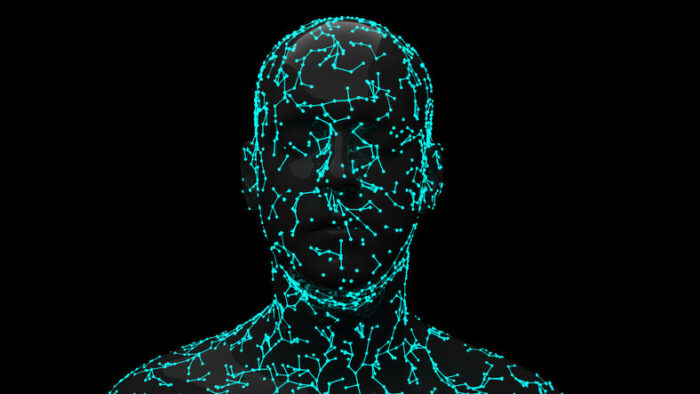
With the internet being a common thing today, gambling has become even more accessible to the general public. However, unlike other industries, the internet gambling sector has not been as heavily controlled in many countries. As a result, some nations lack a regulatory framework, while others outright ban it. In this post, we will discuss gambling industry challenges as well as how AI-based facial recognition technology might be beneficial to online gambling and the casino sector so that you get the most out of your stay at the best new online casinos.

The Issue
The internet gaming industry is thriving. Predicted to be valued at $92.9 billion by 2025 (almost double what it was in 2019), the gambling market has welcomed a new crop of gamers who are flocking to online casinos to pass the time during lockdowns. Although this creates a lot of opportunities for market participants, there are still a lot of pitfalls to be aware of.
Thus, gambling companies must abide by money laundering and terrorism financing (ML/FT) laws and regulations. Compliance is especially important for online casinos due to the high-risk nature of their business. Online casinos must have an AML (Anti Money Laundering) compliance policy in place that outlines how they detect, analyze, and report illicit circumstances like money laundering and attempted fraud.
Since there is no one-size-fits-all compliance system, each online casino must develop a policy that is suited to their specific requirements. Before permitting someone to bet, online casinos must investigate them and evaluate the dangers they pose in terms of ML/FT. In different nations, these due diligence measures take different forms.
Even the best-automated protection tools won’t keep you 100% secure if your workforce doesn’t fully understand AML warning flags. Consequently, internet casinos must provide sufficient training to their compliance personnel, including yearly refresher courses. Compliance staff must also be aware of both general standards (such as SoF verification) and casino-specific risk tolerances. To avoid breaking the law, operators should always disclose known or suspected cases of terrorist financing. Furthermore, operators should be aware that there is no monetary threshold for reporting these operations.

The Solution
Identity verification systems may help casino operators confirm the identities of their customers while ensuring security, compliance, and convenience. By stacking data from many sources, the ID verification approach ensures that a person is who they claim they are. Age verification is critical for online casinos, betting companies, and gambling websites.
Players are sometimes required to provide copies of identity papers such as a passport or driver’s license, as well as personal information such as their date of birth or place of residence. This information may then be cross-referenced with data from third-party sources, as well as live photos or selfies given by the player.
Contextual data, like IP addresses or phone numbers, may be used with ID papers to confirm a player’s login into an account from a different device or location. If this is suspected, players may be asked to produce identification in order to get access to their accounts. This might be accomplished by entering a unique number received for mobile verification or an e-mail address that has previously been authenticated.
Identity verification services can assist gaming operators in reducing the risk of identity fraud and combating money laundering activities, in addition to certifying gamers and treating problem gambling. When participants, for example, add a new bank acc or cash out money, their identities are verified. Online gaming and gambling enterprises face more than just security and compliance with AML and KYC laws. They must also meet the demands of users who want to establish and use accounts without going through a lengthy security procedure.
To maintain future growth and player loyalty, gaming operators must strike a balance between protecting profits and enhancing the customer experience. Simply put, if gaming sites and apps are to deliver the frictionless and safe experience that today’s online gamblers expect, digital identity verification services must enable them to quickly check individuals and their ID credentials.

How Face Recognition Technology Aids the Gambling Industry
As a result of technological improvements, the gaming business has experienced a complete makeover. Since its inception, safety and security have been the bedrock of a company that involves enormous quantities of money being exchanged between players and the casino. When it comes to avoiding fraud, facial recognition technology is poised to become the next big thing in the gaming business.
Account Registration and Regulatory Compliance
Although most internet casinos enable you to gamble as soon as you make your initial deposit, the majority of them limit the amount of money you may spend until you provide them with the proper identification. These documents are used to authenticate a player’s name, age, and address. This information is necessary since online casinos are required to follow the KYC (know your customer) regulations. This procedure may be accelerated with the use of facial recognition technologies. Customers may use the app to upload a photo of an ID document as well as a selfie. This drastically speeds up the registration process.

Constant Identification Verification
When a player stated that their account had previously been hacked or compromised, online casinos had to assume that they were telling the truth. Using face recognition technology, online casinos may acquire access to a player’s front camera. They can use this info to figure out who was signed into the account when it was hacked. It also helps them discover unusual account activity. Thus, they can use it to validate that the person playing the game is the same person who logged into the account.
Enhanced Customer Experience
Using identity-enabled technology, casinos may tailor and control the user experience. As gamers roam among venues, automatic entry controls for specific lounges and rooms can be implemented, relieving workers of part of their tasks. Multiple-factor account authentication allows online casinos to add additional degrees of exclusivity.

Wrapping up
Facial recognition may be a very valuable technology for online casinos if the major impact on civil rights and consumer privacy is addressed. Face detection technology can be used in these domains to provide user-friendly, no-code face recognition applications with superior performance and privacy.











